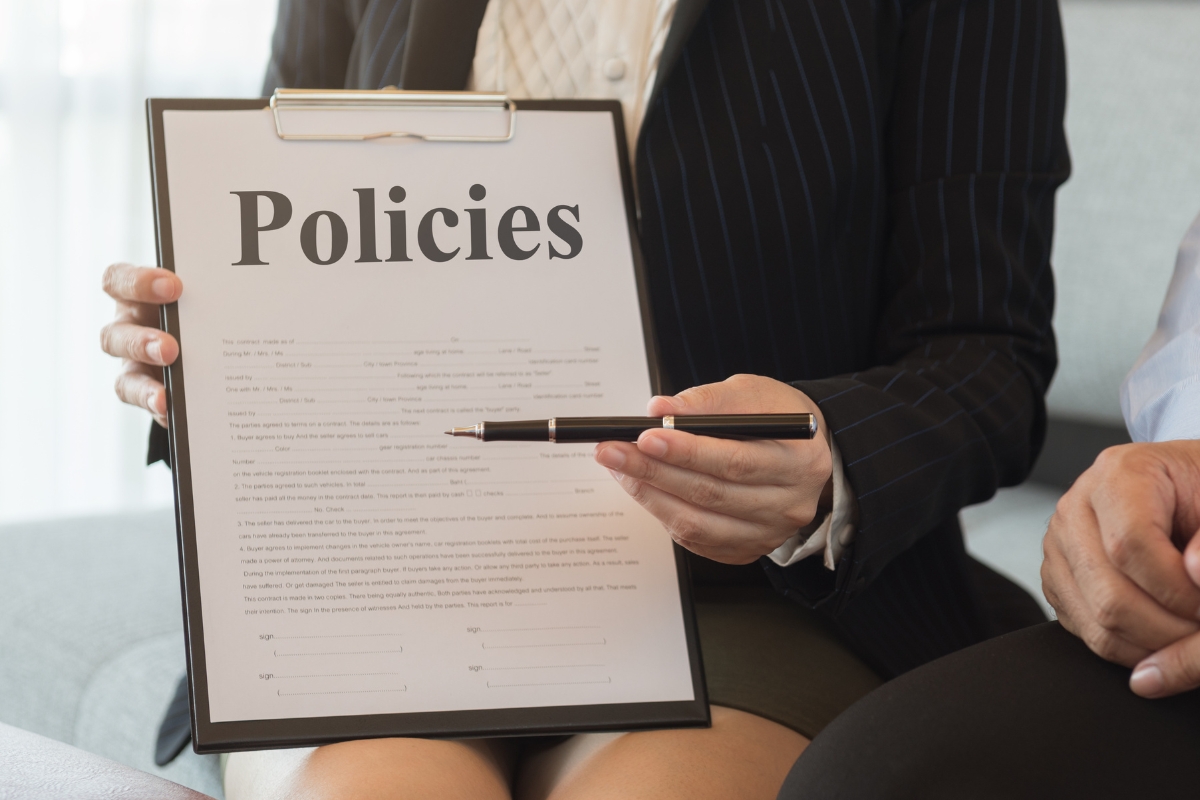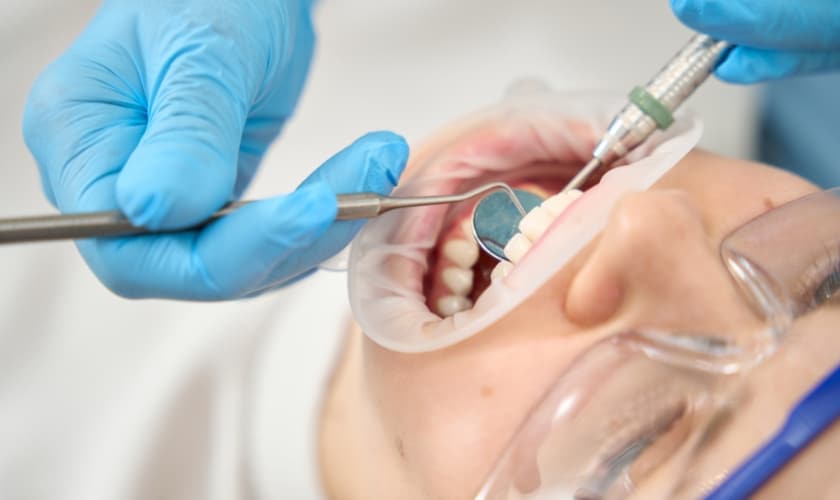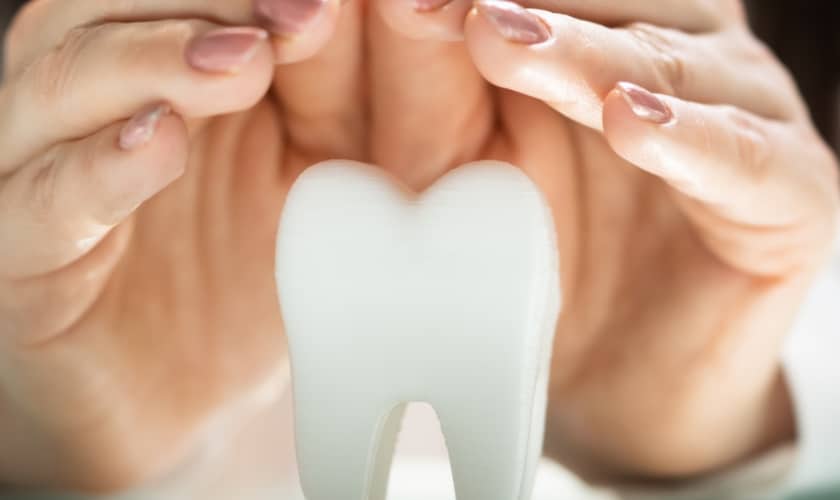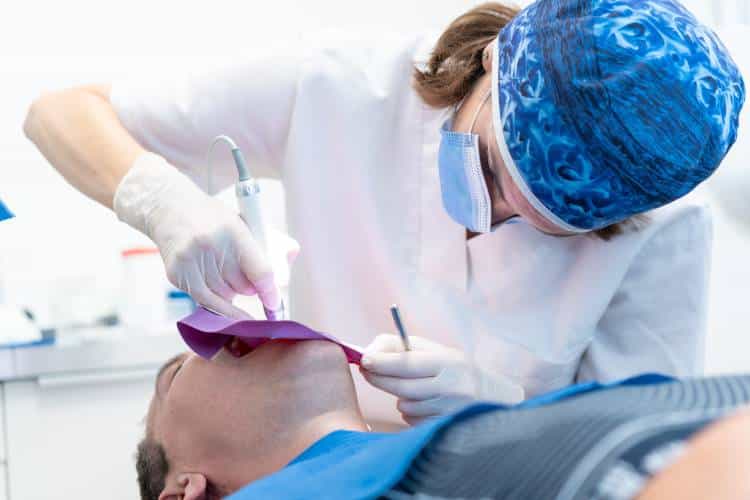It can be daunting to think about taking a child to the dentist for their first visit. After all, this is the person who will be caring for your child’s teeth and oral health for years to come! But as with many things, timing is key when it comes to children’s dental care. This article will explore when children should have their first dental visit, the importance of early dental care, and what parents can expect from a first visit. Read on to learn more about how you can ensure your child has the best start possible when it comes to dental care and overall oral health.
What potential dental problems can babies experience?
Babies may not have all of their teeth yet, but that doesn’t mean they’re immune to dental problems. In fact, certain issues can affect a baby’s oral health long before the first tooth emerges. Here are some potential dental problems parents should be aware of when it comes to their little one’s smiles.
- Tooth Decay: Just like adults, babies can experience tooth decay due to poor oral hygiene habits and excessive sugar intake from sweet drinks or snacks. Parents should clean their baby’s gums with a soft cloth after feedings and avoid sugary juices and other high-sugar items in order to prevent cavities from forming.
- Thumb Sucking: Many babies find thumb sucking soothing—and while there is no harm in occasional thumb sucking, extended periods of time may lead to misalignment or changes in jaw structure as permanent teeth begin emerging around age 6 or 7 years old. If you notice your child has developed an extended habit of thumbsucking beyond age 4, visit your dentist for tips on how to break the habit safely and effectively so as not to cause any damage to developing teeth structures down the line.
- Early Loss Of Primary Teeth: Normally primary (baby) teeth start falling out at around ages 5 through 12 as permanent (adult) teeth come into place behind them; however sometimes these tiny chompers fall out too soon due to infections or trauma caused by falls etc., which could then result in adult teeth growing crookedly if left untreated by pediatric dentistry for such cases. That’s why it is important always keep checkups with dentists even during infancy!
- Gum Disease: Poor brushing habits can also lead to gum disease which could become severe enough that baby molars need extraction if diagnoses early enough this might be prevented—so make sure you brush those little pearly whites twice daily! And don’t forget regular checkups once every 3 months starting during infancy also helps ensure proper care is taken regarding the detection & prevention of such diseases throughout childhood development stages ahead
What happens during the first visit?
The first dental visit should be scheduled around the child’s first birthday. The purpose of this visit is to get the child accustomed to the dentist’s office and to establish a dental home. During the first visit, the dentist will check the child’s teeth and gums and will clean the teeth if necessary. The dentist may also apply fluoride to help prevent cavities.
What questions may the pediatric dentist ask during the first visit?
The pediatric dentist may ask a variety of questions during the first visit in order to get to know the child and their dental history. Questions may include when the child last brushed their teeth, whether they have had any cavities or toothaches, and if they have ever been to the dentist before. The dentist will also want to know about any medical conditions the child has, as well as any medications they are taking.
Conclusion
Taking care of your child’s oral health is an important part of their overall health and development. Establishing a good dental routine early on can help set the stage for lifelong healthy teeth and gums. It’s recommended that children should have their first dental visit as soon as they get their first tooth, or no later than age one. Once they’re old enough to understand instructions, it’s a good idea to start brushing twice daily with fluoride toothpaste and flossing regularly. If you are unsure about when to bring your child in for their initial dental visit, be sure to talk with your dentist for more advice.





